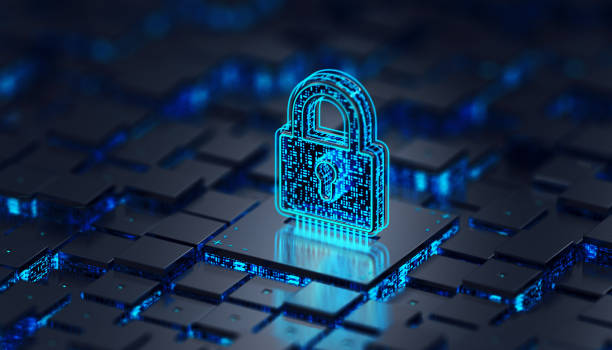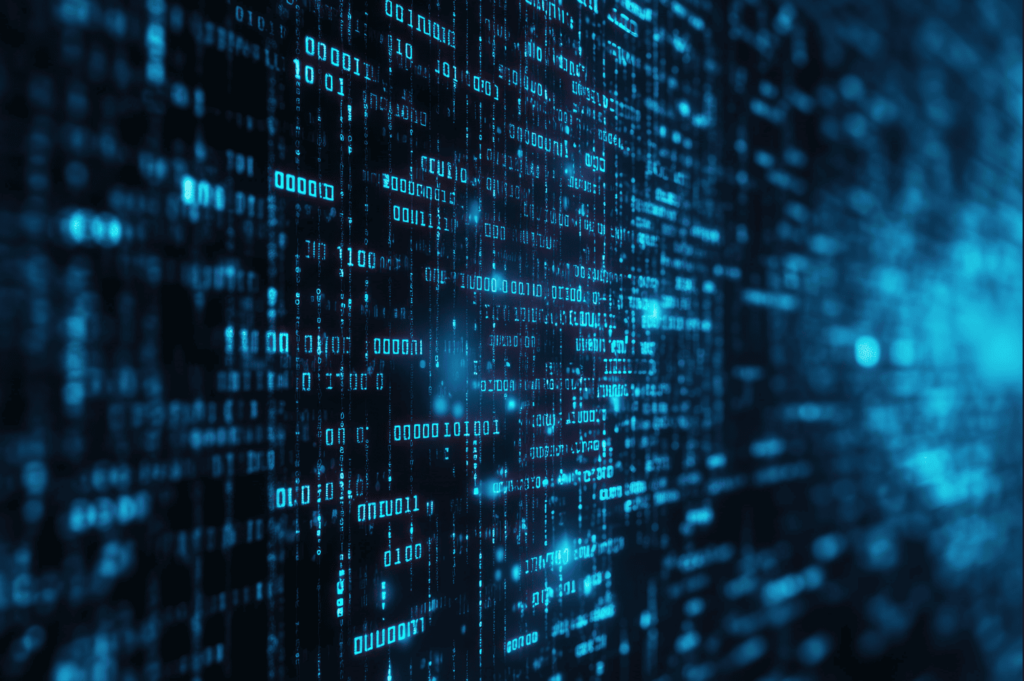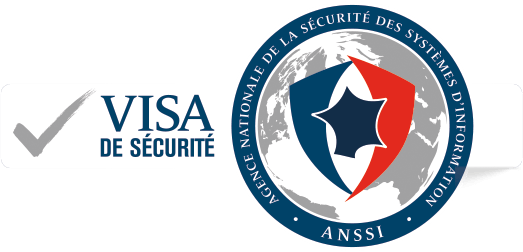La cyber décryptée
Identité numérique, GRC, sécurité opérationnelle, contrôle d'accès, développement, audit, CERT... Nos experts décryptent pour vous les actualités cyber et les nouvelles technologies. Découvrez tous leurs conseils et retours d'expériences.







